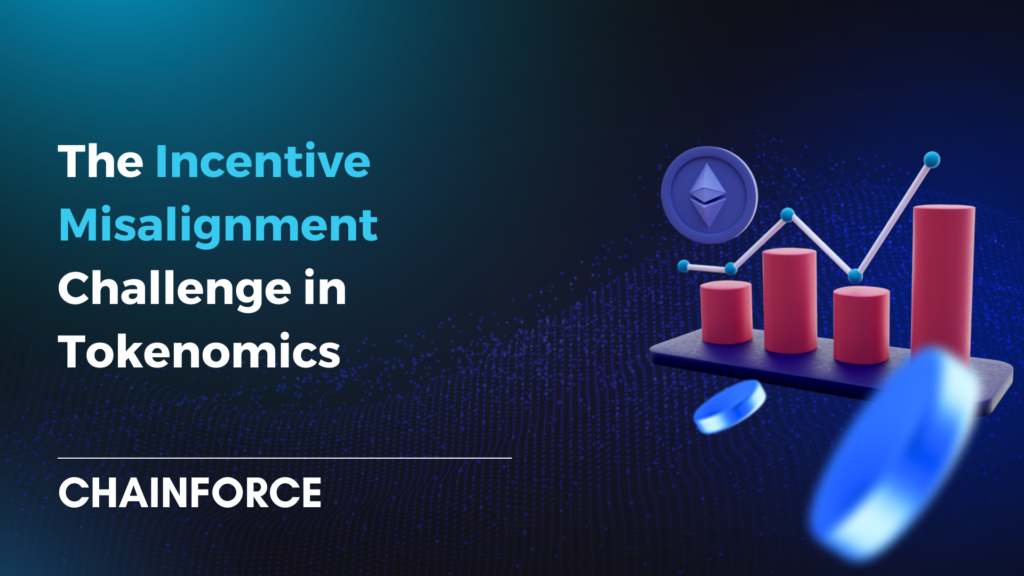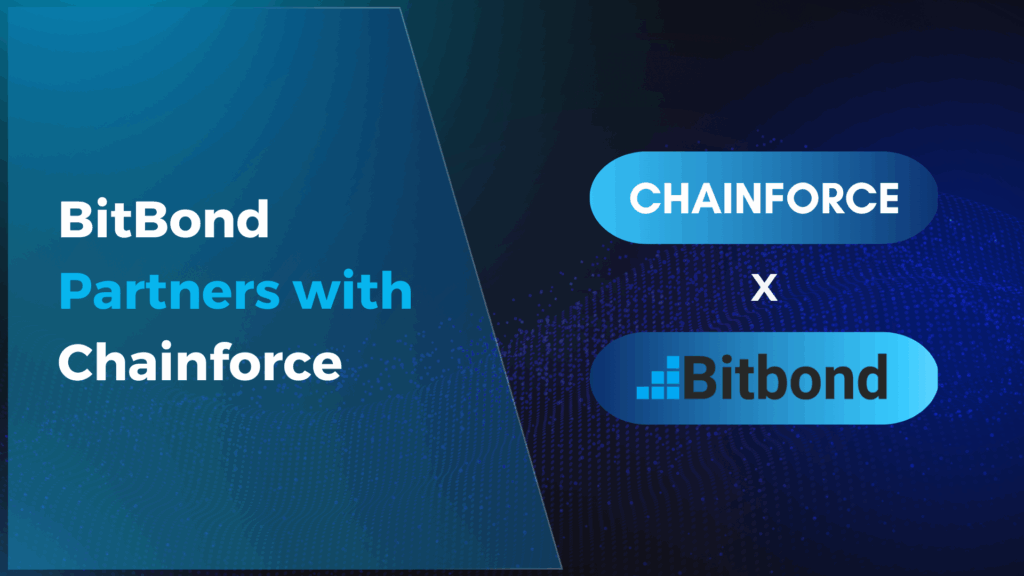In traditional Web2 businesses, financial rewards are closely tied to long-term company success. Founders and early investors profit only when sustainable growth is achieved. In contrast, Web3 and tokenomics offer early liquidity, allowing participants to secure significant profits early, regardless of whether the project achieves Product-Market Fit (PMF) or delivers lasting value.
This early access to liquidity creates a misalignment between short-term financial gains and long-term project success. Without the oversight of traditional financial regulations, many participants prioritize immediate returns over sustainable growth, weakening the overall resilience and credibility of the industry.
Understanding Incentive Misalignment in Tokenomics
The Prisoner’s Dilemma and the Tragedy of the Commons
Crypto participants frequently face situations similar to the Prisoner’s Dilemma, where short-term gains often outweigh long-term collective benefits. Examples include founders selling tokens early, influencers promoting projects without transparency, and centralized exchanges prioritizing listing fees over project quality. These behaviors contribute to a Tragedy of the Commons, where self-serving actions deplete shared trust and resources, ultimately harming the entire ecosystem.
The Logarithmic Utility of Wealth and Risk Aversion in Tokenomics
The diminishing returns of wealth further incentivize short-term actions. A founder with tokens valued at $10 million, locked for three years, might prefer selling at a discount through an OTC deal rather than risking potential devaluation. This imbalance reduces the motivation to stay committed to long-term success, even if the project shows promise.
Winners and Losers in the Current Incentive Structure
Those who benefit most from misaligned incentives often include founders, venture capitalists, centralized exchanges, market makers, and influencers. On the other hand, retail investors and long-term participants, such as committed developers and engaged community members, often bear the consequences. This imbalance discourages sustainable innovation and risks alienating key contributors from the industry.
Addressing the Incentive Misalignment Problem
The Role of Regulation in Shaping Better Incentives
Regulation could enforce transparency and prevent extractive behaviors. However, the decentralized and global nature of the crypto industry makes implementing and enforcing uniform regulations extremely challenging. While advocacy for thoughtful regulation is important, it cannot be the sole solution.
Market Self-Correction as an Inefficient Solution
In theory, markets should naturally address inefficiencies over time. However, in an industry plagued by information asymmetry and a lack of accountability, self-correction is both slow and unreliable. Without additional measures, it risks prolonging value-destructive behaviors.
Community-Led Self-Regulation as a Practical Path Forward
Self-regulation offers the most immediate and effective path to addressing incentive misalignment. By fostering a culture of transparency, accountability, and ethical behavior, the community can proactively reduce extractive practices and create a healthier ecosystem.
Transparency and Accountability as Pillars for Progress
The Importance of Transparency in Tokenomics
Transparency reduces information asymmetry, discourages unethical behavior, and enables community-driven accountability. By increasing visibility across key areas such as team ownership, venture capital strategies, exchange listing processes, and influencer promotions, the industry can create an environment where misaligned incentives are less likely to thrive.
Fostering Accountability Through Collective Action
Community vigilance is essential for holding bad actors accountable. Open discussions, constructive critique, and public recognition of ethical behavior can collectively drive change. Supporting independent researchers and transparent participants through grants and public recognition can further strengthen this accountability framework.
Reputation Systems as a Tool for Ethical Oversight
The creation of decentralized reputation systems or independent oversight agencies can help track and evaluate participants’ ethical behavior. These systems would make it easier for stakeholders to identify responsible actors and avoid engaging with value extractors.
Improving Tokenomics for Long-Term Incentive Alignment
The Flaws in Current Token Vesting Models
Traditional token vesting schedules often fail to align with long-term project goals. Fixed token supplies and rigid time-based unlocks can incentivize founders and early investors to prioritize early exits over sustainable growth.
Designing Effective Tokenomics Vesting Models
Improved vesting mechanisms can address these flaws by introducing more dynamic and performance-based structures. This includes avoiding low float scenarios at TGE, embracing flexible token supplies, and tying token unlocks to measurable milestones rather than arbitrary time periods.
Goal-Based Tokenomics Unlocks as a Sustainable Solution
Token unlocks can be designed around clear milestones, such as valuation targets, product delivery goals, and operational performance metrics. These milestones provide transparency and ensure that token releases align with tangible achievements rather than speculative timelines.
Balancing Flexibility with Accountability
While goal-based unlocks offer promise, they also come with challenges. Metrics must be chosen carefully to prevent manipulation, and a fair governance process must oversee unlock decisions. With the right balance, these mechanisms can better align stakeholders’ incentives with long-term project success.
If you want to learn more about vesting, read our article: How to navigate a Token Vesting Schedule for optimal results
Towards a Unified Strategy for Long-Term Incentive Alignment
Acknowledging the Scope of the Problem
The incentive misalignment issue poses a significant risk to the long-term success of the crypto industry. Recognizing the root causes of this problem is the first step toward meaningful change.
Promoting Transparency as a Cultural Standard
Transparency must become a core value across the industry. Stakeholders, from founders to influencers, should be expected to disclose relevant information to reduce information asymmetry and build trust.
Accountability as a Shared Responsibility
The community has a role to play in holding unethical participants accountable. Encouraging open discussions, supporting transparency advocates, and promoting decentralized reputation systems can collectively improve accountability.
Innovation in Token Vesting Designs for Better Alignment
Token vesting mechanisms must evolve to better align incentives across all stakeholders. Goal-based unlocks, flexible token supplies, and ongoing performance-based emissions offer promising pathways for improvement.
Conclusion: The Future Depends on Collective Effort
Addressing the incentive misalignment problem is not just a technical or regulatory challenge—it is a cultural one. Sustainable growth in crypto requires active participation from founders, investors, exchanges, developers, and the broader community.
By prioritizing transparency, embracing accountability, and innovating token economics, the crypto industry can create an ecosystem where short-term extractive behaviors are disincentivized, and long-term value creation becomes the norm.
The time for action is now. Every participant has a role to play in building a more transparent, accountable, and sustainable future for crypto.





